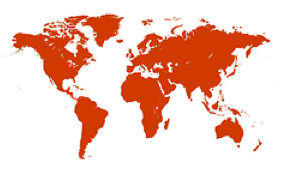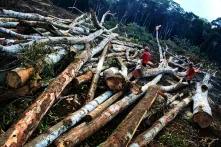Dossier: climate summit COP 21 in Paris
After the failed climate summit in Copenhagen 2009, governments of 196 countries meet again at COP 21 in Paris at the end of November to negotiate a globally binding climate agreement, which is supposed to enter into force after 2020. The goal is to limit the warming of the earth’s climate to 2 degrees Celsius above pre-industrial levels. Important issues among others are the financing of necessary measures and the equitable sharing of burdens, responsibilities and advantages among the countries. Facing the already tangible impacts of climate change, it is also important to develop a compensation mechanism for climate change losses and damages and to address the question of responsibility. In this ongoing dossier we pick up these and other aspects and complement them with regional analyses from our international offices.
The Paris agreement
Ralf Fücks and Barbara Unmüßig on the conclusion of the negotiations:
"Less than required, more than expected. It is in our hands whether the Paris Climate Treaty will become a historic turning point. Now, the EU has to amend its less than ambitious 2020 / 2030 climate goals, and the German government push ahead with the phase-out of coal. Poor developing countries will need technological and financial support for the transition into a fossil-free future - and climate protection, the fight against poverty, and economic development will have to go hand in hand."
The full text of the Paris Agreement can be found here.
Climate
Today, everybody is aware of how much the earth’s climate is changing. We are campaigning for a global climate treaty that is to be overseen by the United Nations. At the same time, we are involved in efforts towards climate change mitigation, the financing thereof, and that the consequent burden be shared in an equitable manner on the local, national, and regional levels – the whole world over.

With this website, we would like to take a critical look at the German federal government’s international climate change financing and help increase its transparency.
Events
Regional Perspectives
Video
A close look at the COP21 outcome and the EU’s 2016 agenda - Heinrich-Böll-Stiftung European Union
 Watch on YouTube
Watch on YouTube
Blog
India has become the third-largest emitter of greenhouse gases. In this blog, we document recent views from India on what the country should do, and is doing, during the climate negotiations in Paris.










